Table molds Manufacturers
Table molds are used to produce plastic tables of various sizes and styles, and are widely used in home, office and outdoor environments.
Material selection: Hardened mold steel is usually used to adapt to high pressure and high temperature injection molding conditions, and has strong wear resistance.
Structural design: Table molds often include multi-partition surfaces and slider systems to form table legs, edges and reinforcement ribs.
Strength support: In order to ensure the table is stable, the mold design needs to support thicker ribs and bottom support structures.
Demolding system: Due to the large desktop area, a balanced ejection system needs to be configured to prevent the finished product from deforming or ejecting traces.
Table mold development focuses on structural stability and functionality, and brand logos, edge textures or UV-resistant materials can be added according to customer requirements.
-
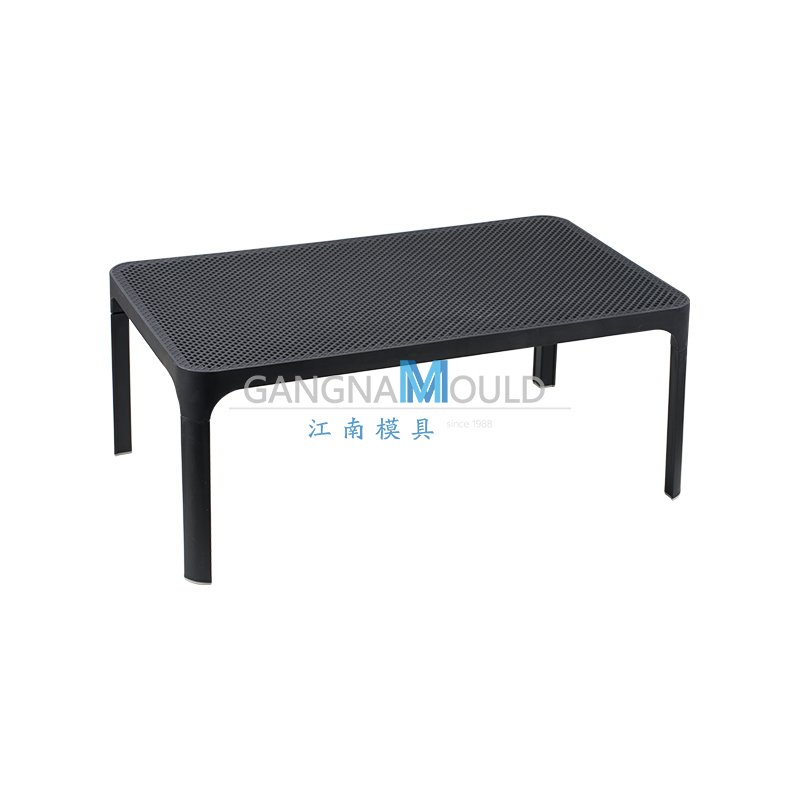
JN-584 Plastic Garden Dining Table Mold
Contact Us -
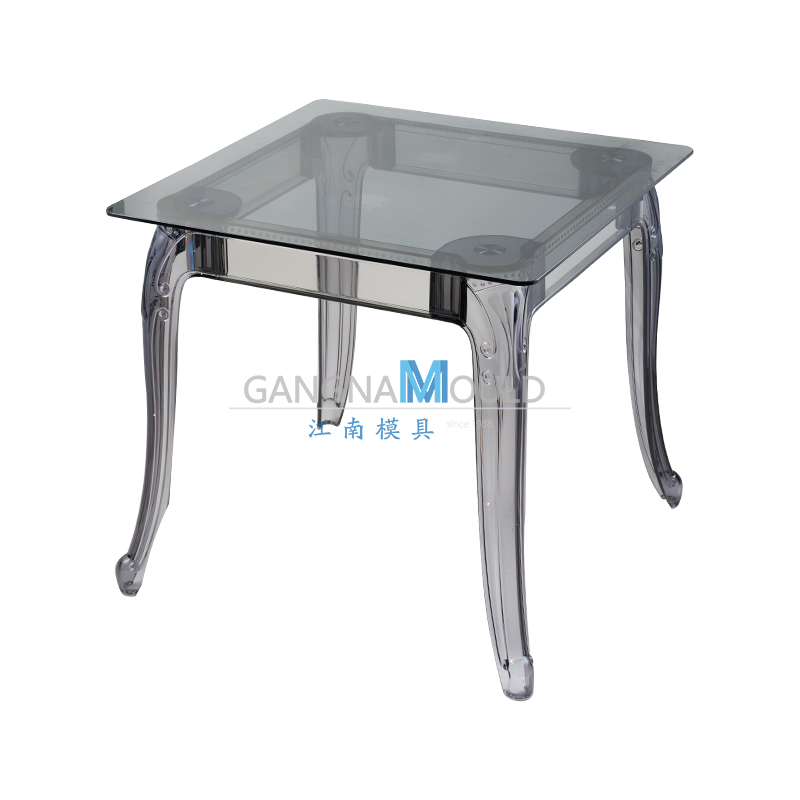
JN-585 Transparent wedding banquet table plastic mold
Contact Us -
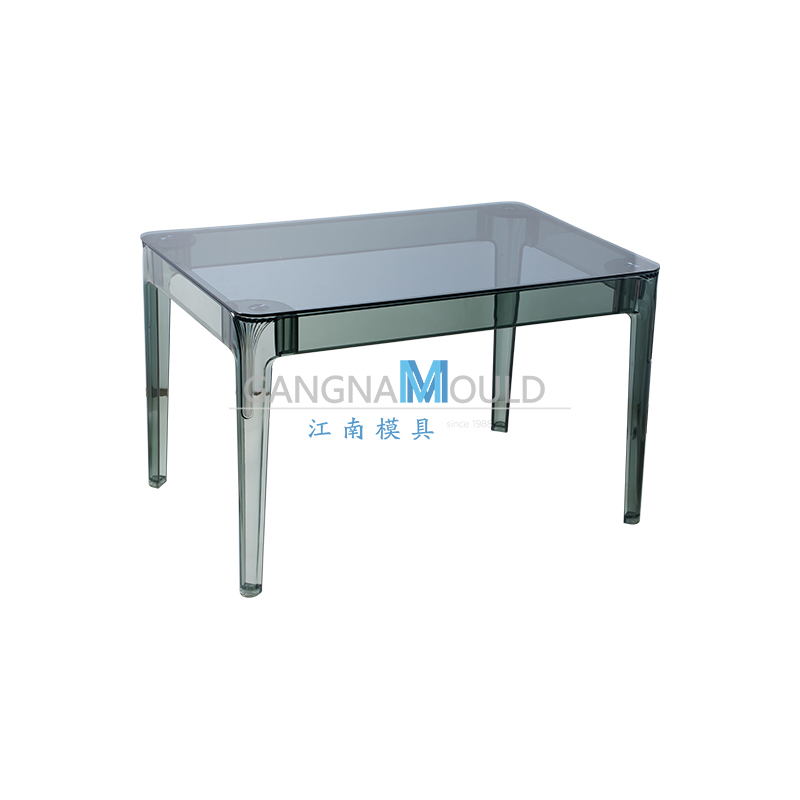
JN-586 Transparent wedding banquet table plastic mold
Contact Us -
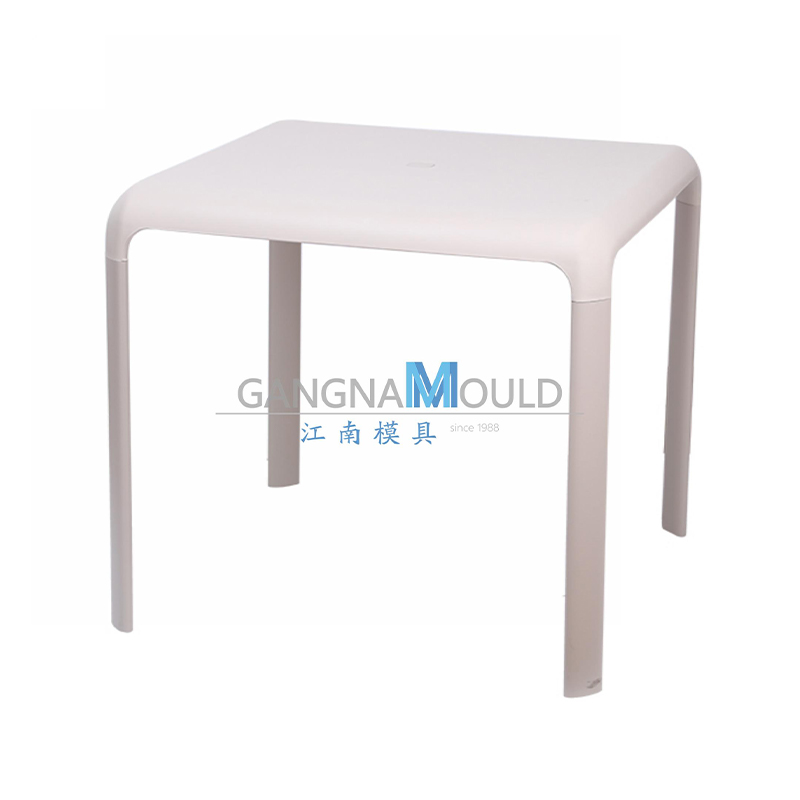
JN-196 Durable rectangular plastic table mold
Contact Us -
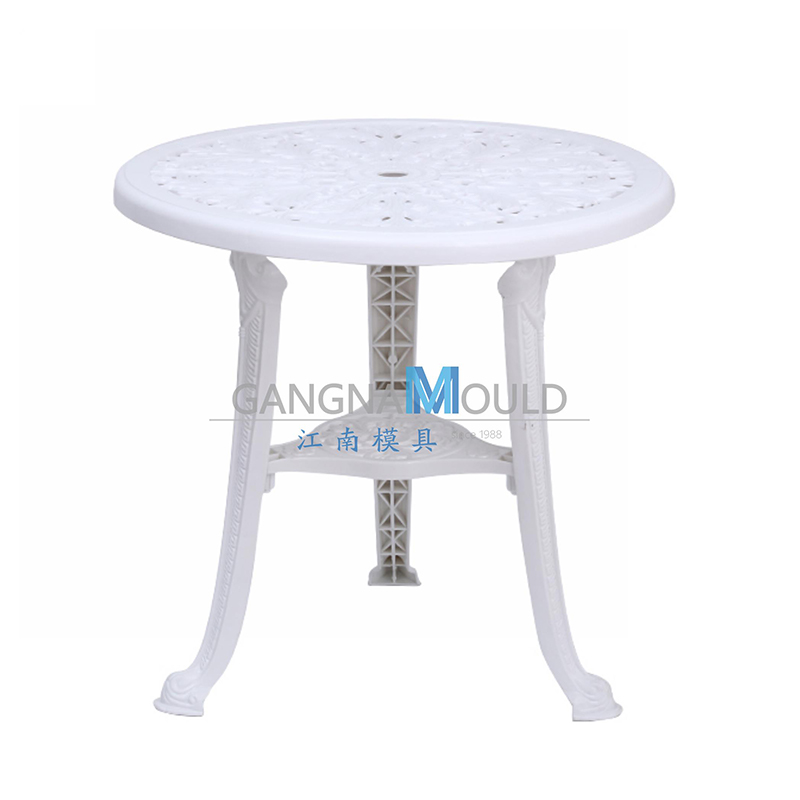
JN-201 Home Round/Square Table Plastic Mold
Contact Us -
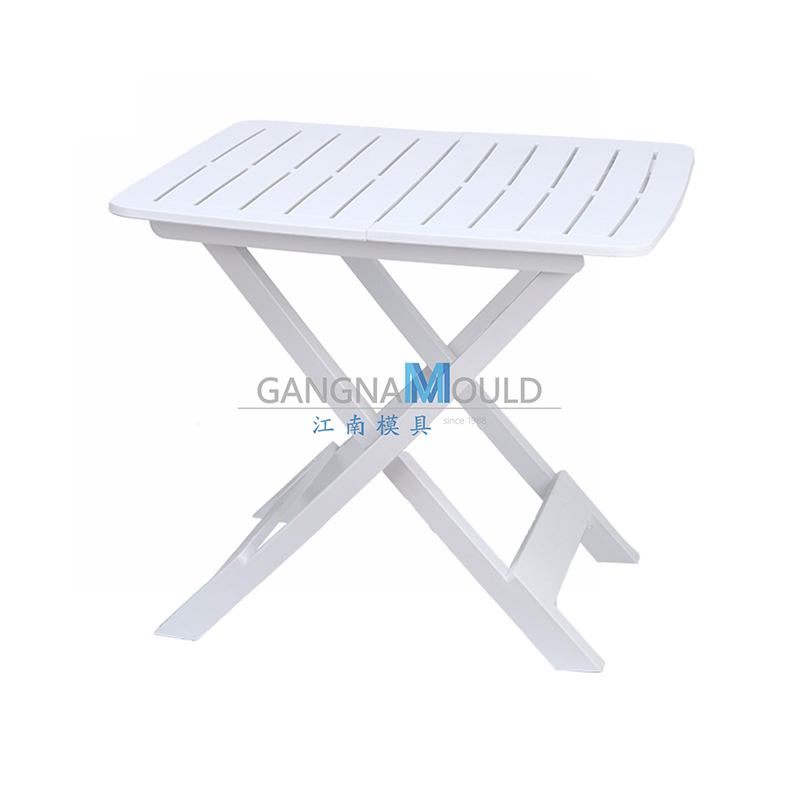
JN-201 Home Round/Square Table Plastic Mold
Contact Us -
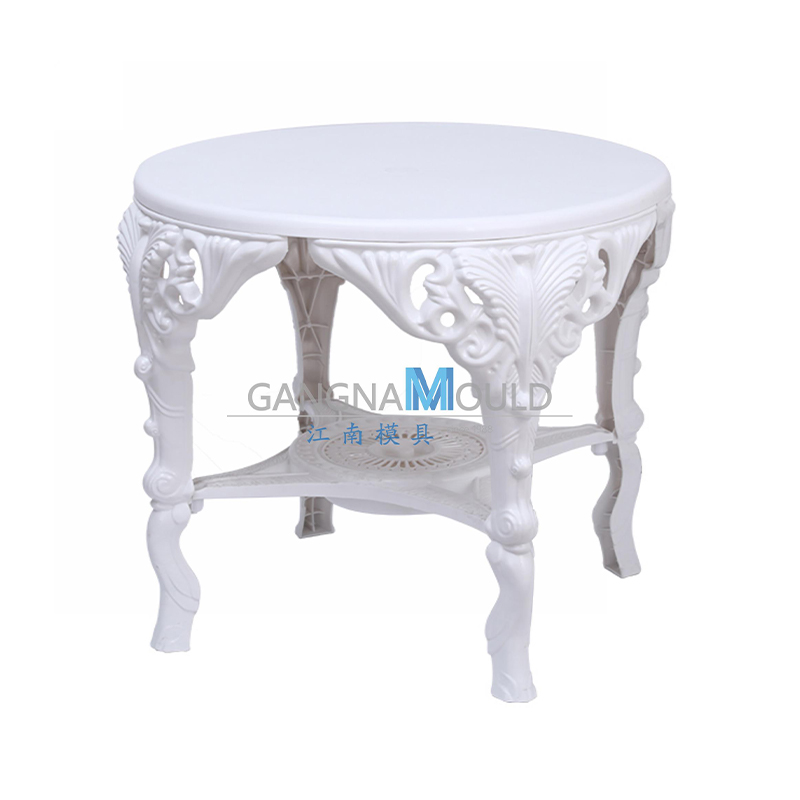
JN-202 Household round/square table plastic mold
Contact Us -
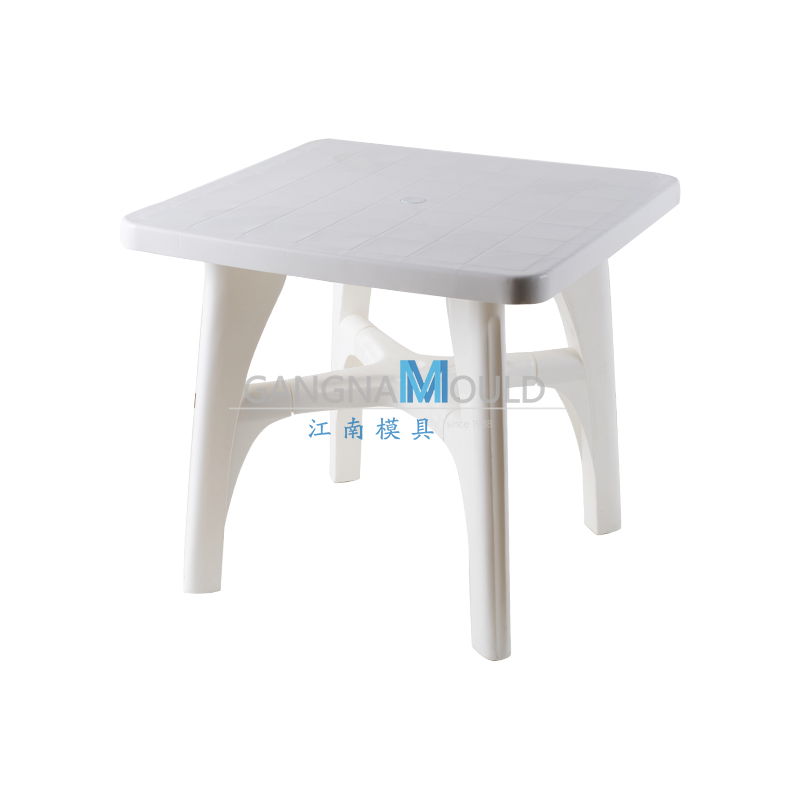
JN-572 Household round/square table plastic mold
Contact Us -
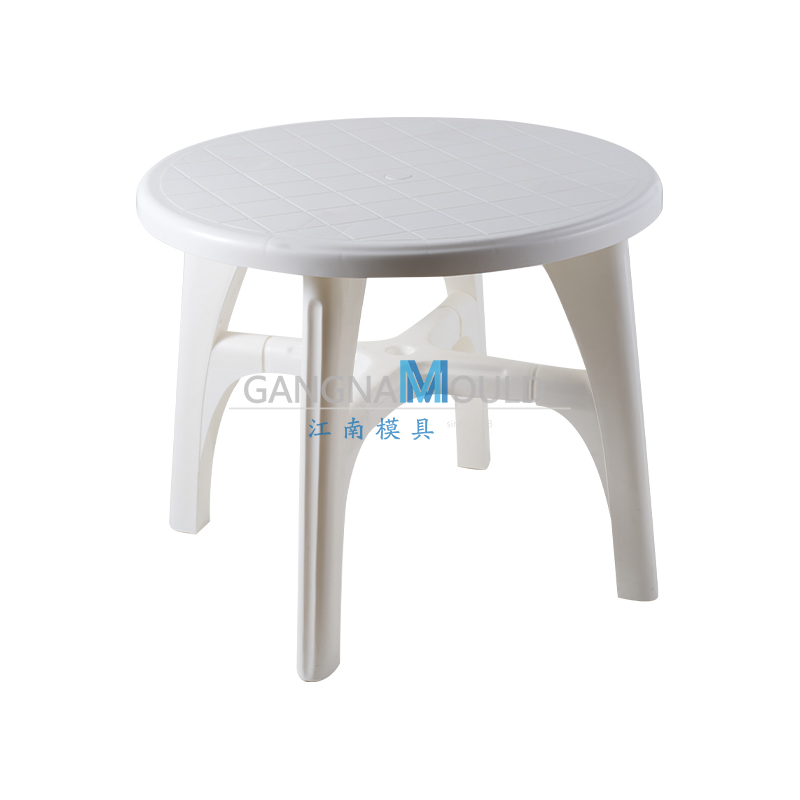
JN-573 Household round/square table plastic mold
Contact Us -
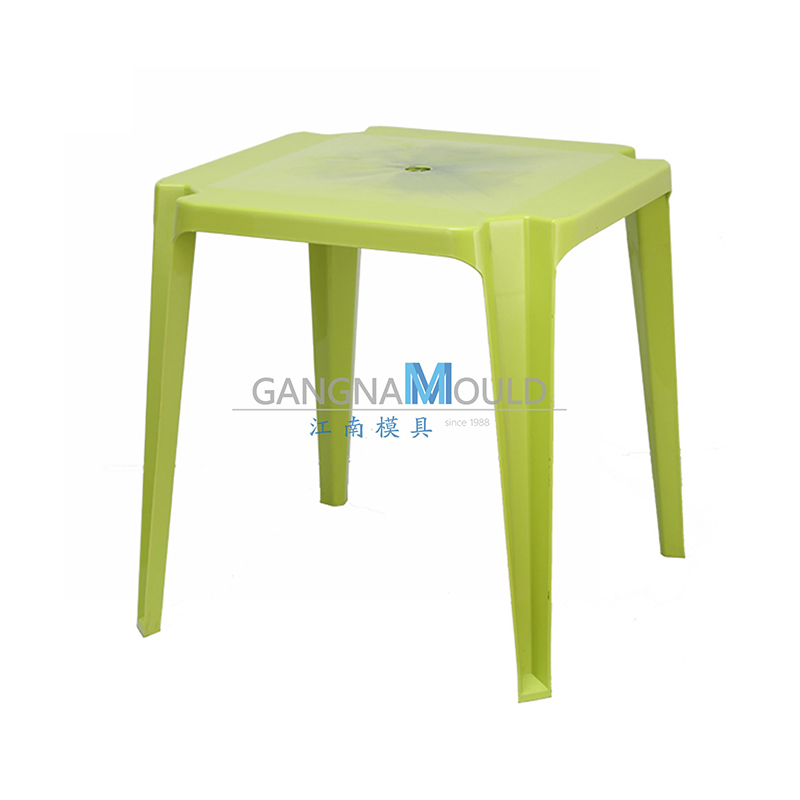
JN-195 Durable rectangular plastic table mold
Contact Us -
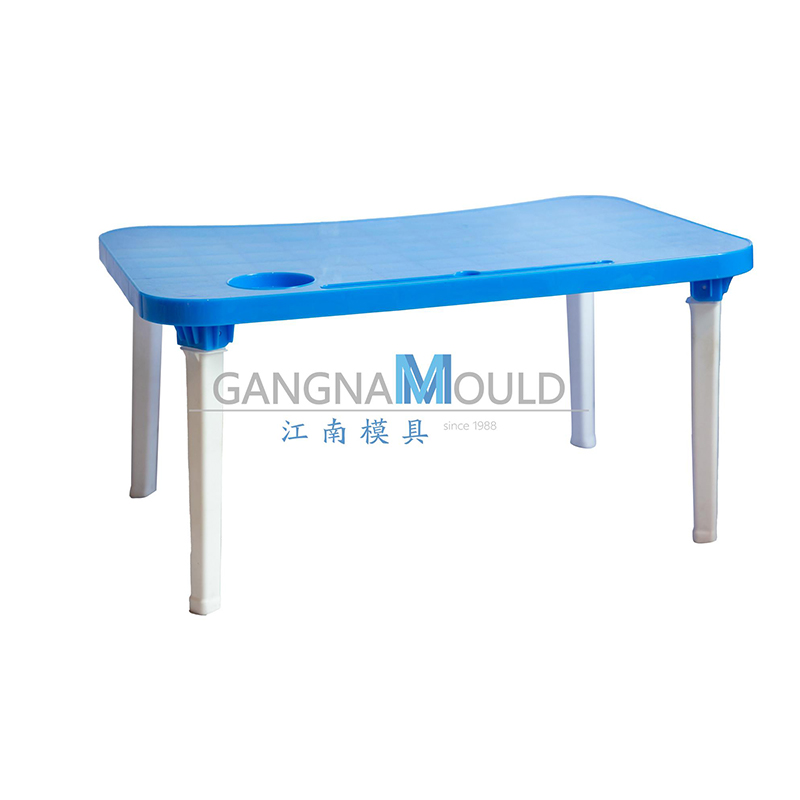
JN-197 Durable rectangular plastic table mold
Contact Us -
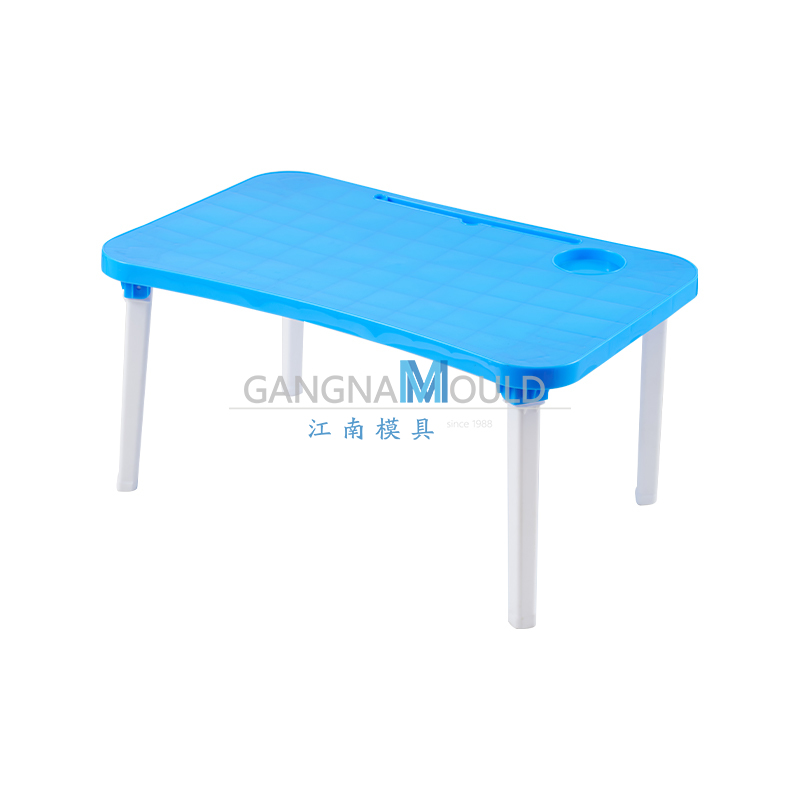
JN-574 Durable rectangular plastic table mold
Contact Us -
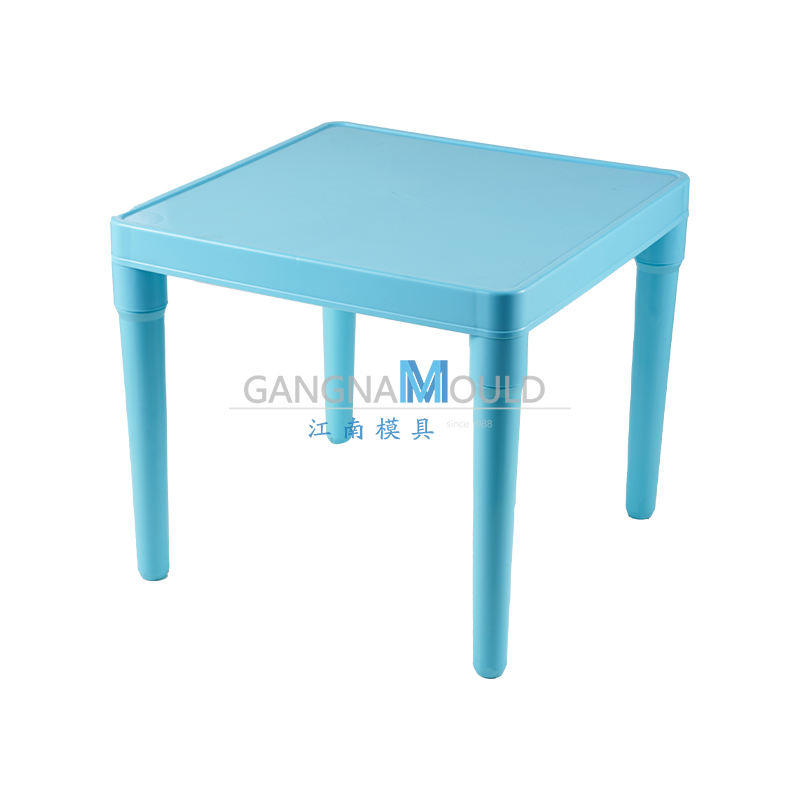
JN-575 Durable rectangular plastic table mold
Contact Us -
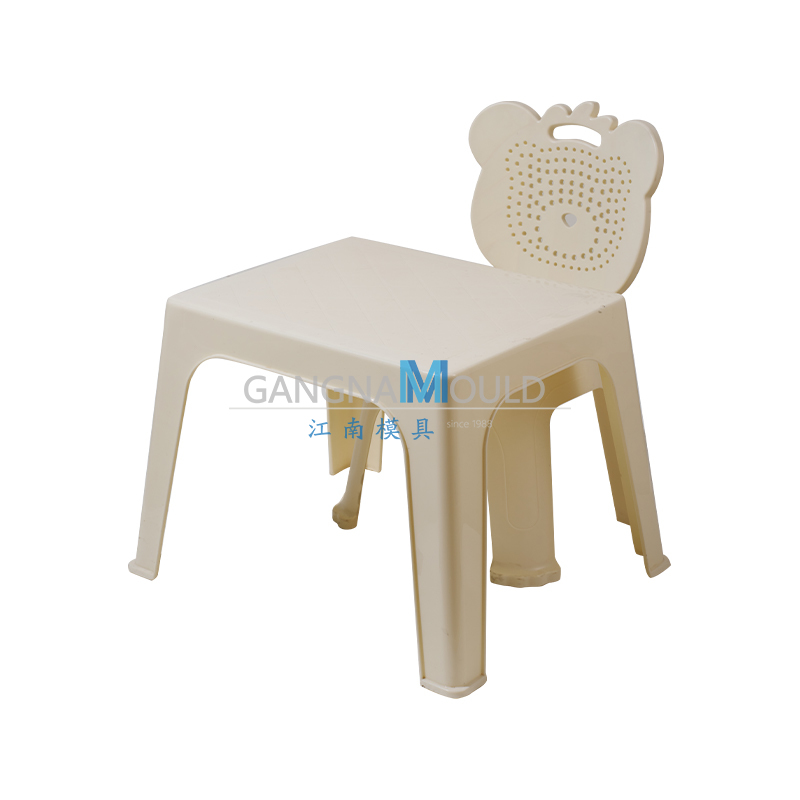
JN-576 Children's plastic movable table mold
Contact Us -
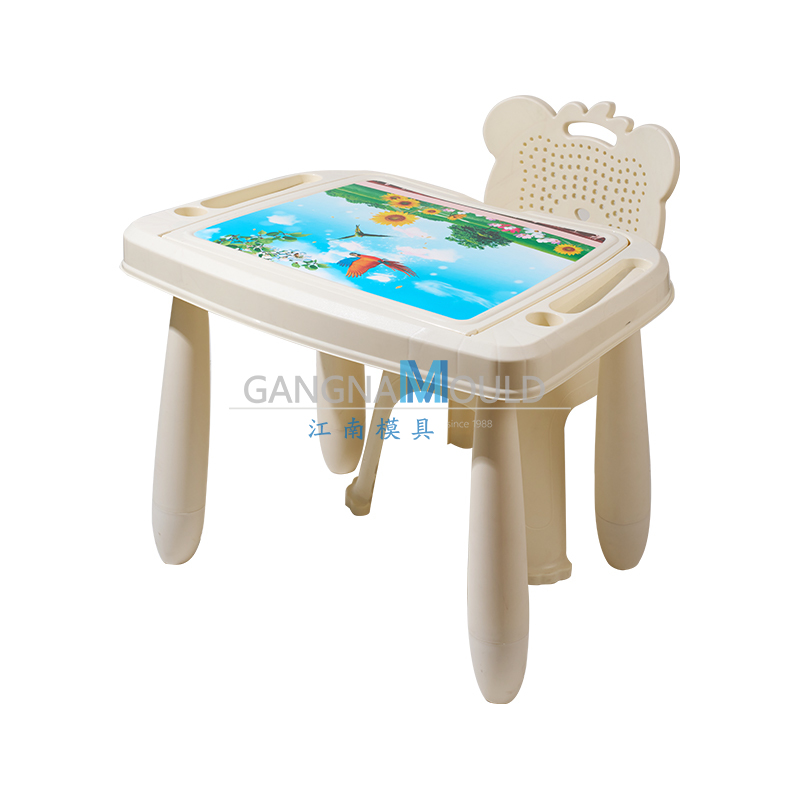
JN-577 Children's plastic movable table mold
Contact Us -
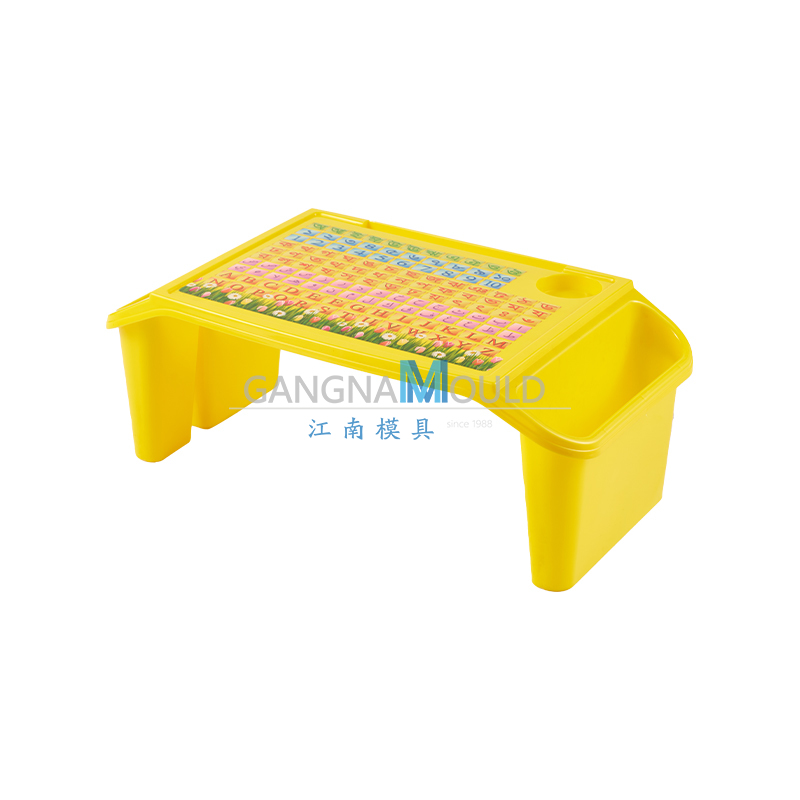
JN-578 Children's plastic movable table mold
Contact Us
ABOUT GANGNAM MOULD
At Gangnam Mould, we specialise in the R&D and manufacturing of high-precision moulds. We design and produce plastic moulds for a variety of everyday items, logistics packaging (such as trays and turnover boxes), household appliances, and hollow blow moulding.
Thanks to our advanced technology and extensive experience, we are able to provide efficient and reliable mould solutions to customers around the world, helping them to improve productivity and market competitiveness.
Gangnam Mould now complies with ISO 9001:2015 QMS and looks forward to building long-lasting business relationships with clients and suppliers worldwide.
- 1000+ successfully executed projects.
- Excellent product quality and thoughtful customer service.

Our 37 years of customization experience has created a Gangnam-Mould brand value.
Our Proven Management System & Our Professional R&D Strength
Committed to ISO 9001 standards and a customer-centric approach, the company has built a comprehensive mold R&D and manufacturing platform, earning the trust of leading clients across industries — a true hidden champion in the field.
-

Certificate
-

Certificate
-

Certificate
News & Blogs
Industry knowledge
Table mould is a specialized tool used to produce plastic components for tables in homes, offices, and public spaces. It shapes thermoplastics such as polypropylene, polyethylene, or ABS into tabletops, legs, and supporting structures with precise dimensions and smooth surfaces. Typically made from steel or aluminum, table moulds are designed to endure repeated cycles under high temperature and pressure. Proper design and maintenance ensure consistent quality, durability, and stability in the finished tables while supporting efficient, high-volume production.
Table Silicone Mold for Custom Tabletops and Decorative Items
Table silicone molds are specialized tools used to create flexible and durable components for tabletops or decorative items. Made from high-quality silicone, these molds allow manufacturers to produce shapes with intricate designs, smooth surfaces, and consistent thickness. Silicone molds are widely used for casting resin, epoxy, or other soft materials, enabling the creation of custom tabletops, coasters, or ornamental details for furniture.
Designing a table silicone mold requires careful attention to cavity structure, wall thickness, and release angles. Proper planning ensures that the molded material fills the mold evenly, reduces air bubbles, and maintains the intended shape and texture. Silicone’s natural flexibility allows for easy demolding, which is particularly useful for complex patterns or designs that would be difficult to remove from rigid molds.
Silicone molds are resistant to heat and chemicals, which makes them suitable for various manufacturing and craft applications. They can be reused multiple times without significant loss of quality, provided they are cleaned and maintained properly. Maintenance includes washing, drying, and inspecting the mold for wear or damage.
Using table silicone molds supports efficient production of decorative or functional components with consistent quality. They offer versatility in material selection and design, allowing for creative customization of tabletops and furniture elements.
Overall, silicone molds combine flexibility, precision, and durability, making them a practical choice for manufacturers and artisans producing detailed or complex table components.
Table Top Injection Molding Design and Process Guidelines
Tabletop injection molding is a manufacturing process used to produce plastic tabletops and supporting components efficiently and consistently. Thermoplastic materials such as polypropylene, polyethylene, or ABS are melted and injected into precision-designed molds to form tabletops, frames, and related parts. This process ensures uniform thickness, smooth surfaces, and reliable structural integrity.
Designing molds for tabletop injection molding requires careful consideration of wall thickness, cooling channels, gate placement, and shrinkage rates. Proper design ensures even material flow, smalls defects such as warping, and maintains consistent dimensions across production runs. Molds are usually made from steel or aluminum to withstand repeated cycles under high pressure and temperature. Polished cavity surfaces and precise tolerances help maintain product quality and surface finish.
Injection molding allows manufacturers to produce complex shapes, textured surfaces, and ergonomic designs efficiently. The process is suitable for large-scale production while maintaining consistent quality across all units. Regular mold maintenance, including cleaning, lubrication, and inspection, extends the operational life and ensures stable output.
Tabletop injection molding supports the production of functional, durable, and aesthetically appealing tables for homes, offices, and commercial spaces. By combining precision engineering with flexible design options, this process provides a practical solution for high-volume manufacturing of plastic table components.



 English
English русский
русский Español
Español Français
Français عربى
عربى 简体中文
简体中文


